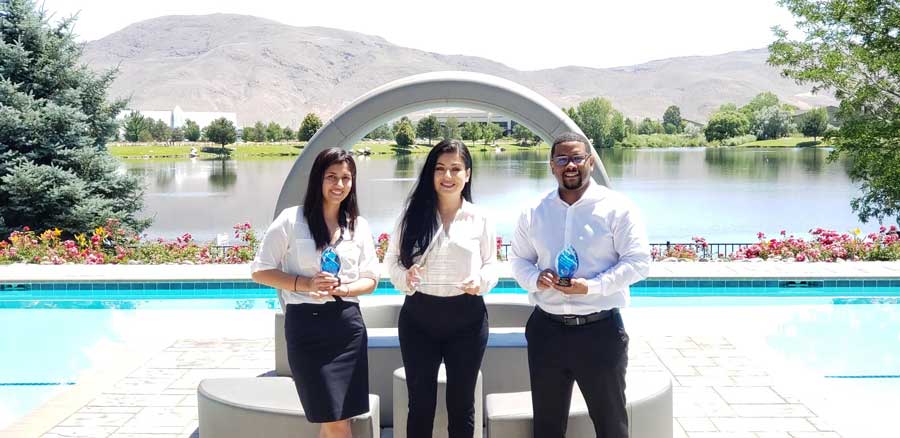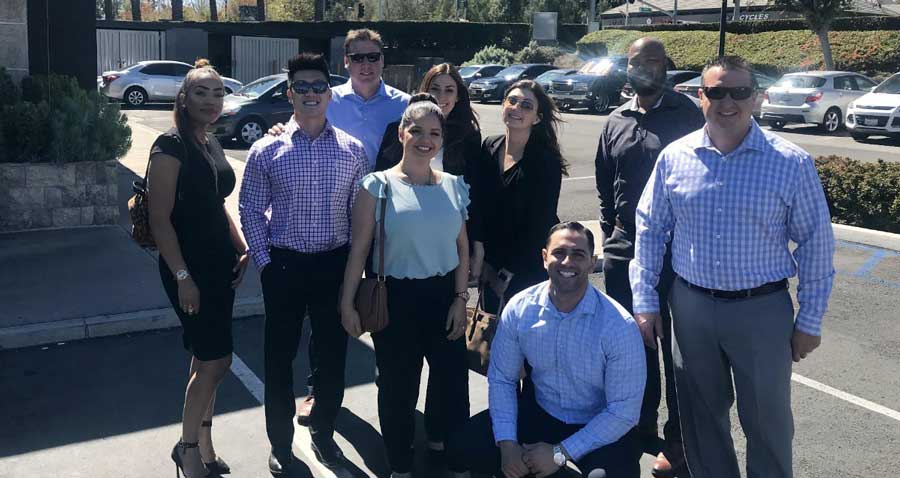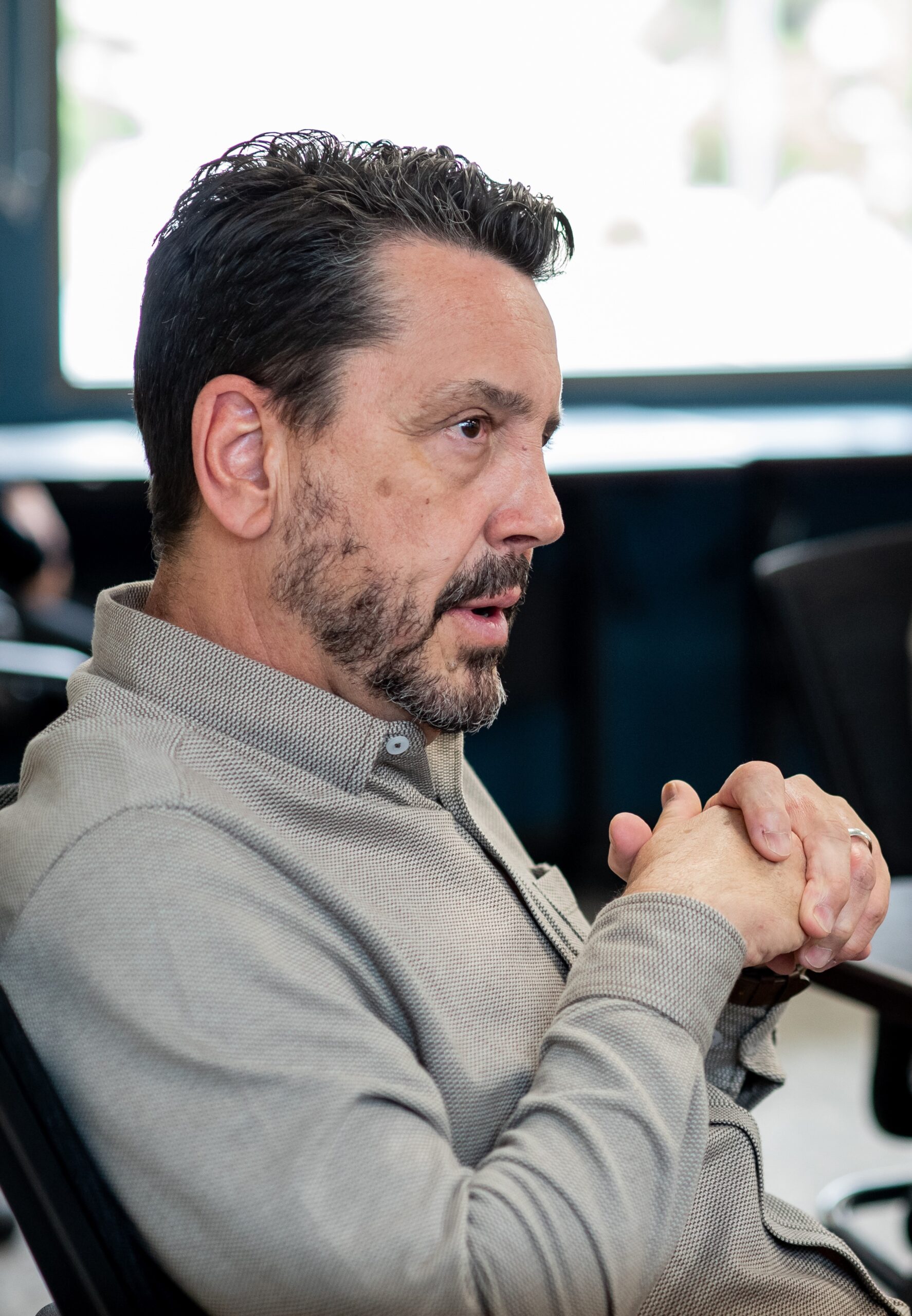
The pandemic has made a huge impact on the workplace and the way candidate interviews and the employee onboarding process is conducted.
Without a doubt, COVID-19 has changed the way the Lewis Group of Companies are doing things in recruiting and hiring. In many cases, these changes are for the better.
If you want to learn more, keep reading to find out seven ways the employee interview process and first day onboarding will change after COVID-19.
1. Virtual Interview Processes Like Video Interviews Will Become the Norm
Due to social distancing necessities, companies have had no choice but to embrace the virtual interview process. In the beginning, many companies wondered how to interview a new employee virtually. Now, video interviews may be replacing face-to-face interviews for most of the process or for good.
Video interviews cut both costs and time for both parties when it comes to the hiring process. Many businesses now realize virtual interviews make their employee interviewing much more efficient.
We can also expect other discussions to take place over video conferences, employee exit interviews, employee check-in meetings or team or department events.
2. So Will Virtual Onboarding/Training
In today’s remote age, onboarding and training new employees are critical in the hiring process at the Lewis Group of Companies. Establishing culture and expectations, delivering and completing paperwork, and educating new hires on specific company technology now has to be done virtually. At Lewis, we’re proud to share that the majority of our pre-hire processes and paperwork are completed virtually and paperless, making for a smooth and engaging experience for our new Lewis employees.
Virtual onboarding and training are uncharted territories for many managers. Companies are finding their own ways of reinventing the process. Even post-COVID, virtual lunches, e-sign platforms, and Zoom webinars may be here to stay.
3. Job Security Will Be In Demand
We are seeing more and more industries losing talent to established and stable companies. Why? The answer is professionals are placing higher importance on job security over taking risks and being a part of something new.
Startups used to attract top talent compared to established companies. Before COVID, many young professionals were less afraid to take risks and were okay working for a new company that demanded more from them. The short-term employee relationship replaced the long-term match.
Now, professionals are looking towards the future. Job candidates are considering how long a company has been in business and how bright their future is. For example, the Lewis Group of Companies has been in business since 1955 and has a strong reputation for making smart decisions that consider the future of the company, where we do business and who we partner with. It’s this dedication to quality, integrity and stability that has made Lewis one of the nation’s largest privately held real estate development companies. These qualities continue today and were of paramount importance to Ralph and Goldy Lewis when they founded their home building firm in Claremont in 1955.
4. Companies Need to Sell Themselves in the Interview Process
Companies selling themselves during the interview process aren’t new. However, it will become paramount in post-COVID employee interviewing. Professionals now have more options when it comes to who to work for and under what conditions and circumstances. Job candidates want transparency about the work to be performed and the company they will work for.
The interview process finds companies are selling themselves to potential employees as much as the other way around. Hiring managers need to be part of this “sell” mindset as much as Recruiting and HR. It’s this smart partnership that creates an attractive package for job candidates to consider.
5. Physical Perks Can’t Replace Real Company Culture
Physical workplace perks are almost irrelevant nowadays since most people are working from home. Companies can no longer rely on yoga balls, a stocked pantry of delicious snacks, or ping pong tables to foster great company culture.
Post-COVID, companies now need to put a heavier focus on company culture. Companies need to define their values for lasting positive impact within the organization. What is the heart of your company’s mission and values? What drives its leaders? What passions and interests make the best match between an employee and the work that employee will do?
Candidates are now placing more importance on making sure their personal values align with a company’s values. Just as a person would not want to buy a product from a company that treats its employees, customers or the communities where they do business badly, so will that same person choose not to apply for a job at that company–no matter the perks or salary.
It’s important to include an employee motivations and passions during your hiring process, not just hard skills and education. Questions that dig into why the applicant applied and what their passions are will help gauge if a candidate is a motivational and cultural fit for your company. Here are some examples.
6. Professionals Are Rethinking Their Purpose
On that note, due to the long periods of staying at home, professionals have had more time to reflect. Many are rethinking the work they are currently doing and understanding the impact it has and how much value it brings to society.
According to a recent Global Shapers survey, 40% of 30,000 young professionals stated that after salary, “an employer’s impact on society or sense of purpose” was the most critical factor in their decision to work for a company. Many young professionals are even entirely changing careers because passion is now a huge factor.
This change in mindset will bring on a big wave of professionals rethinking their purpose. With this switch in mindset, many will also be switching to careers and companies that align with their personal goals.
Charitable donations and statements of intent will no longer be enough. Many workers will want to say: “The company I work for makes ethical decisions on behalf of society.” As business members and active participants in the community, the Lewis Group of Companies believes in getting involved and giving back to the community. A strong emphasis is placed on outreach programs that support and promote healthy communities, education, and youth organizations.
Employee Interviewing Post-COVID
Employee recruitment is one of the many ways the pandemic has made a huge impact on our society. The companies that will find success are the ones that will pivot to the change as needed.
The companies that will come out stronger are not the ones who will only adapt to this new normal. It will be the ones that will embrace this change as a catalyst for development.
We hope this article gave you some further insight into the employee interviewing process post-COVID-19. Also, if you are looking to make a change in your career, we invite you to explore our open positions!


David Draper is the Director of Talent Acquisition for Lewis. David is proud to be a part of a successful, stable, and winning team dedicated to its projects, its people and its community. Follow David on Twitter @LewisRecruits.

